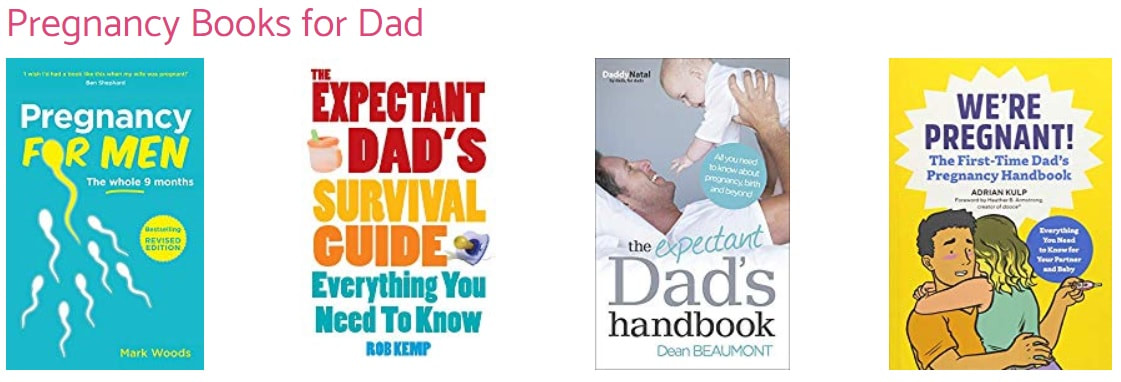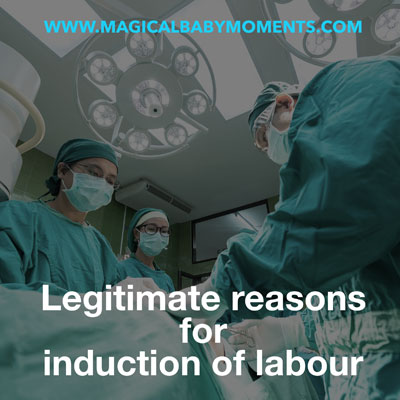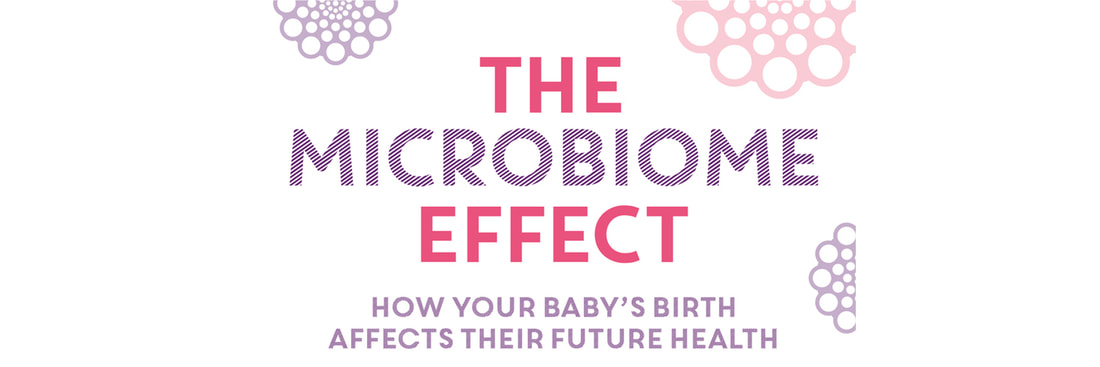|
Birth is a woman’s right and how she chooses to go through her pregnancy and how to give birth should always be in her control. If you're on your first pregnancy, no doubt you have been reading countless books, been getting advice from medical professionals and recommended by family and friends what you should do.
If you are looking to get dad up to speed with all things pregnancy and labour, or you are a birth partner seeking to get better informed about what to expect from pregnancy labour and birth, we have four books that we recommend for you to read:
Each week we like to share a video with you. This week are a looking at gentle c-sections, as explained by the Jentle Childbirth Foundation. This is still major surgery, but the video explains to you how you can ask your caregivers to treat your birth experience as a personal and memorable event, rather than simply a medical procedure. OK, so not all induced labours result in C-Sections, but many of them do.
Being offered an induction must be clinically justified. Being ‘overdue’ is NOT a good enough reason on its own. Every birth experience is different. One size does not fit all and no two women are the same. Therefore understanding that pregnancy, labour and birth can be very different, it is really important to know what ‘could’ happen; what choices there are available to you and know that you can decline intervention, if you feel that it is not right for you and your baby.
I'd like to think that there are lots of women out there having good birth experiences. Here are some tips on how to make your baby's birth special to you.
THE MICROBIOME EFFECT - AN EYE-OPENING BOOK FOR EXPECTANT PARENTS AND ANTENATAL EDUCATORS11/12/2018
The Microbiome Effect by Toni Harman and Alex Wakeford is a fascinating book of emerging research that indicates how vital bacteria are for human health. A baby's exposure to them during labour, birth and beyond helps kick-start their developing immune system. This book reveals the impact of babies born via Caesarean Section (C-Section) and how this potentially alters the course of their immune development and makes them more susceptible to non-communicable diseases.
|
Categories
All
|
Magical Baby MomentsFrom maternity to motherhood
Hypnobirthing classes in Romford, Essex and surrounding areas Thorntons Farm Ave Romford RM7 0TT 07764 680 215 | [email protected] |







